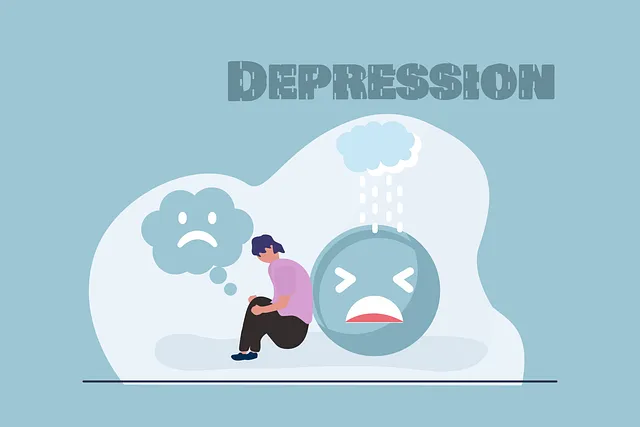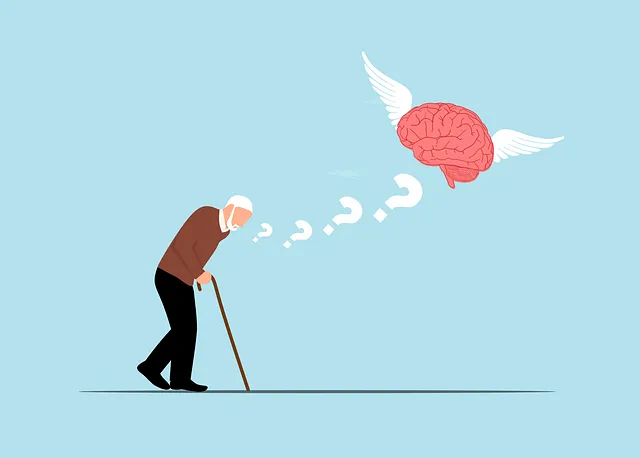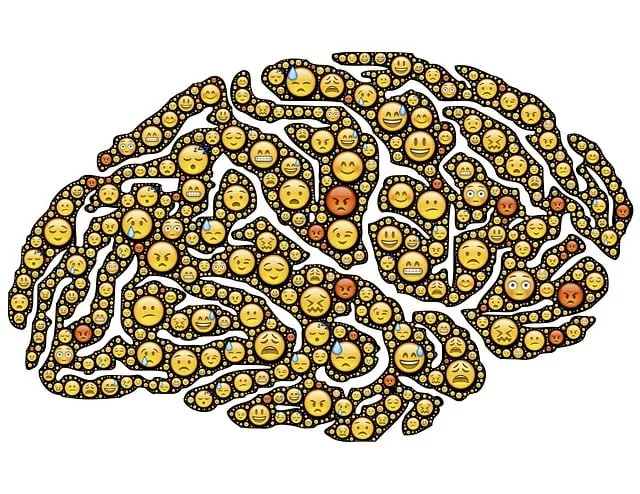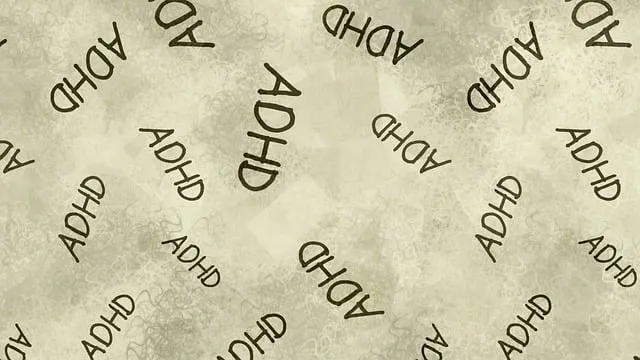In today's diverse healthcare landscape, cultural competency is vital for effective patient care, particularly in communities like Highlands Ranch, where the Kaiser Permanente mental health center serves a varied population. This involves recognizing and respecting cultural differences in values, beliefs, communication styles, and health approaches. The Highland Ranch center distinguishes itself through comprehensive cultural competency training programs, positive reviews, and tailored services addressing trauma support, stress reduction, and stigma reduction. Implementing strategic training within healthcare institutions, including regular workshops, feedback sessions, open dialogue, and continuous improvement, leads to enhanced patient experiences and positive Kaiser Permanente mental health center reviews in Highlands Ranch.
Healthcare provider cultural competency training is more than a nicety; it’s a critical component of modern patient care. In an increasingly diverse society, understanding cultural nuances ensures quality and equitable healthcare for all. This article explores this topic through three key sections. We’ll delve into the significance of cultural competency in healthcare, examining Kaiser Permanente’s successful program at their Highlands Ranch Mental Health Center. Additionally, we’ll provide strategies for implementing and continually improving cultural competency initiatives.
- Understanding Cultural Competency in Healthcare: A Necessity in Modern Practice
- Kaiser Permanente's Approach to Training: The Highlands Ranch Mental Health Center Review
- Strategies for Effective Implementation and Continuous Improvement of Cultural Competency Programs
Understanding Cultural Competency in Healthcare: A Necessity in Modern Practice

In today’s diverse healthcare landscape, cultural competency is no longer a nice-to-have but an absolute necessity. Incorporating diverse perspectives and understanding the impact of culture on health and healing is crucial for providing effective care to every patient, particularly in communities like Highlands Ranch, where Kaiser Permanente mental health centers serve a broad range of backgrounds. This includes recognizing and respecting differences in values, beliefs, communication styles, and approaches to health and wellness, especially among individuals from various ethnic, racial, religious, and socio-economic groups. As evidenced by the growing number of Kaiser Permanente mental health center reviews, patients increasingly expect healthcare providers who are culturally sensitive and equipped to address their unique needs.
Effective cultural competency goes beyond simple awareness; it involves integrating practices like conflict resolution techniques, community outreach program implementation, and risk management planning for mental health professionals. These strategies ensure that care is accessible, inclusive, and respectful of individual and community values. By fostering a culture of understanding and empathy within healthcare organizations, such as Kaiser Permanente in Highlands Ranch, we can ultimately improve patient outcomes, build stronger relationships between providers and patients, and create a more equitable healthcare system that meets the diverse needs of all communities.
Kaiser Permanente's Approach to Training: The Highlands Ranch Mental Health Center Review

Kaiser Permanente takes a comprehensive approach to cultural competency training, as exemplified by their mental health center in Highlands Ranch. This facility prioritizes education and support for both healthcare providers and the community, addressing diverse needs with tailored services. The program includes extensive training on topics such as trauma support services, stress reduction methods, and mental illness stigma reduction efforts.
Reviews highlight the center’s positive impact, noting its ability to foster an inclusive environment that respects and understands various cultural backgrounds. By integrating these initiatives, Kaiser Permanente ensures their healthcare providers are equipped to deliver empathetic care, enhancing patient outcomes and fostering stronger relationships within the diverse communities they serve.
Strategies for Effective Implementation and Continuous Improvement of Cultural Competency Programs

Implementing cultural competency training within healthcare institutions, such as the Kaiser Permanente mental health center in Highlands Ranch, requires a strategic approach to ensure its effectiveness and ongoing improvement. One key strategy is to integrate cultural competency into the existing educational curriculum for medical professionals, including mental health specialists. This can be achieved by designing comprehensive modules that cover diverse topics like cultural identity, biases, and their impact on patient interactions and care outcomes. Regular workshops and interactive sessions facilitate knowledge retention and skill development among staff.
Additionally, fostering a culture of continuous improvement is vital. Healthcare organizations should encourage open dialogue and feedback from professionals and patients alike, especially in reviewing mental health center services. This involves conducting regular risk assessments for mental health professionals to identify potential cultural barriers and stress reduction methods. By incorporating these insights, the program can adapt and evolve, ensuring it remains relevant and impactful. Such proactive measures contribute to enhanced patient experiences and outcomes, as evidenced by positive Kaiser Permanente mental health center reviews in Highlands Ranch.
Cultural competency training in healthcare, exemplified by Kaiser Permanente’s successful programs at their Highlands Ranch Mental Health Center, is no longer a choice but an indispensable necessity. By implementing effective strategies that prioritize continuous improvement, healthcare providers can create inclusive environments that respect and embrace diverse patient populations. This ensures improved patient outcomes, fosters stronger relationships between patients and caregivers, and ultimately reflects the evolving cultural landscape of modern society.






